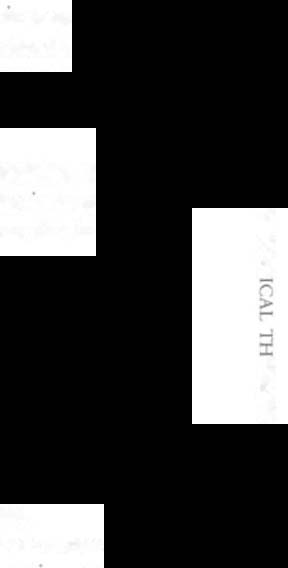i bc27f85be50b71b1 (160 page)
Read i bc27f85be50b71b1 Online
Authors: Unknown

�
during the procedure.
Q
Gallium scan (gallium 67 imaging, tmal body
Purpose: To locate malignancy, metastases, sires of inflammation, infection,
scan)
and abscess.
I
Reference value: No structural or funct.ional
A radionuclide is injected intravenously with images taken in the following
,.
r
abnormalities are visualized.
time frames:
�
4-6 hrs later to identify infectious or inflammatory disease
24 hIS later to identify tumors
�
72 hrs later to identify infectious disease
'"
�
'"








Table 8-6. ConilfJlled
'"
-
....
Test
Description
>
§
Gastric emptying scan
Purpose: To investigate the cause of a rapid or slow rare of gastric emptying
'"
Reference value: No delay In gastric emptying.
and to evaluate the effecrs of trearment for abnormal gastnc motility.
�
In a sitting position, the patient ingests a radionuclide mixed with food substances,
'"
'"
and images arc taken of the sromach and duodenum for the next 3 hrs (IS-min
J:
>intervals). The rate of gastric emprying is rhen calculated from rhe images.
Z
"
Gastroesophageal reflux scan (GE reflux scan)
Purpose: To measure rhe amount of gastroesophageal reflux.
�
o
Reference value: Reflux is 3% or less.
The p3tient ingests radionuclide-13beled juice in the supine posirion while
"
wearing an inflatable abdominal binder. Wearing the binder In supine is
o
'"
used to provoke reflux. Amount of reflux is calculated from rhe images
�
J:
taken during the study.
-<
�
GI bleedmg scan (GI scintigraphy)
Purpose: To evaluate the presence, source, or both, of GI bleeding.
Reference value: No evidence of focal
R3dionuclide-labeled red blood cells are injected intravenously, followed by
bleeding.
intermirtent imaging studies of the abdomen and pelvis for up to 24 hrs.
�
GI cytologic studies
Purpose: To identify benign or malignant growth from tissue biopsy of the
"
>-
�
Reference value: No evidence of abnormal
GI tract.
�
cells or infecrious organisms.
Tissue specimens are obtained during an endoscopic examination.
Paracenresis and perironeal fluid analysis
Purpose: To help delineate the cause of ascites or suspected bowel perforation
(abdominal paracentesis, abdominal rap)
along with evaluating the effects of blunt abdominal trauma.
Reference value: Clear, odorless, pale yellow.
The peritoneal cavity is accessed with eirher a long thin needle or a trocar and
stylet With the patient under local anesthesia. Peritoneal fluid IS collected
and examined.
Peritoneal tissue biopsy can also be performed during [his procedure for
cytologic studies required for the differential diagnosis of tuberculOSIS,
fungal infection, and metastatic carcinoma.

Roentgenography of the abdomen (abdominal
Purpose: To provide information about rumors, swelling of the mucosa,
flat plate)
abscess farmarion, fluid in the intestinal lumen, intestinal obstruction, and
Reference value: No abnormalities visualcalcifications in the GI tract.
ized.
Plain x-ray is taken of the abdomen.
Sigmoidoscopy and anoscopy
Purpose: Sigmoidoscopy is used as a screening tool for colon cancer and to
Reference value: No tissue abnormalities are
investigate rhe cause of rectal bleeding or monitor inflammatory bowel
visualized in the sigmoid colon, rectum, or
disease. Anoscopy is used to investigate bleeding, pain, discomfort, or
anus.
prolapse in the anus.
Upper GI series and small bowel series (small
Purpose: Detects disorders of strucrure or function of the esophagus, stomach
bowel follow-through)
and duodenum, and jejunum and ileum (the latter two are for the small
Reference value: No structural or functional
bowel series).
abnormalities are found.
Imaging studies of all these areas are performed while the patient drinks a
barium solution. Passage of the barium through these structures can range
from 30 mins ro 6 hrs.
·Text or abbreviations in parentheses signify synonyms (0 rhe tesr names.
Source: Data from LM Malarkey, .ME McMorrow (eds). Nurse's Manual of Laboratory Tests and Diagnosric Procedures. Philadelphia: Saunders, 2000;432-468.
�
�
o
� z >r � � ;,:
'"
....
'"
